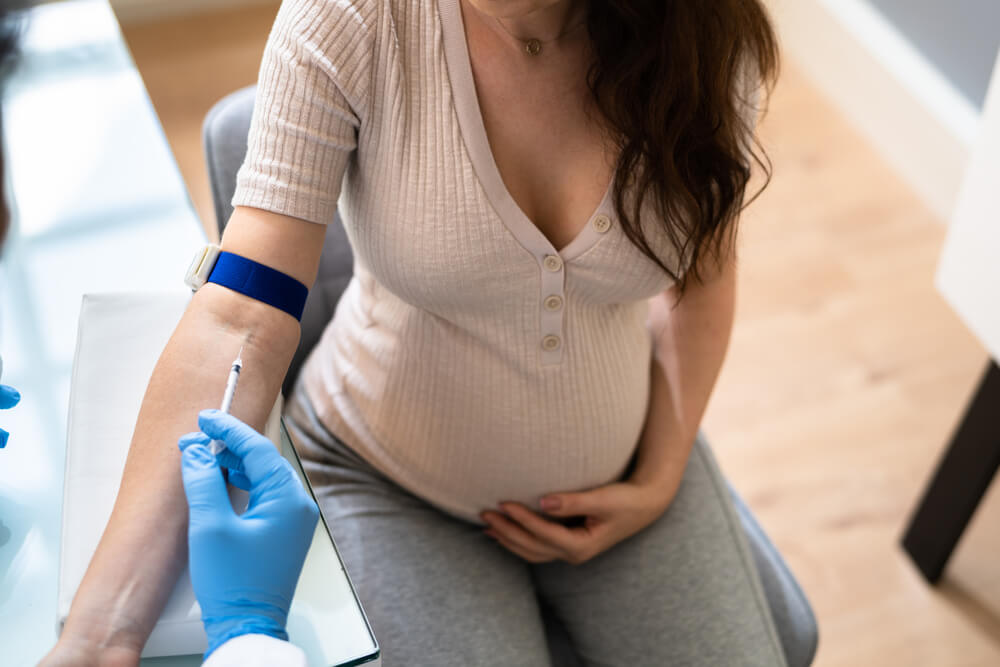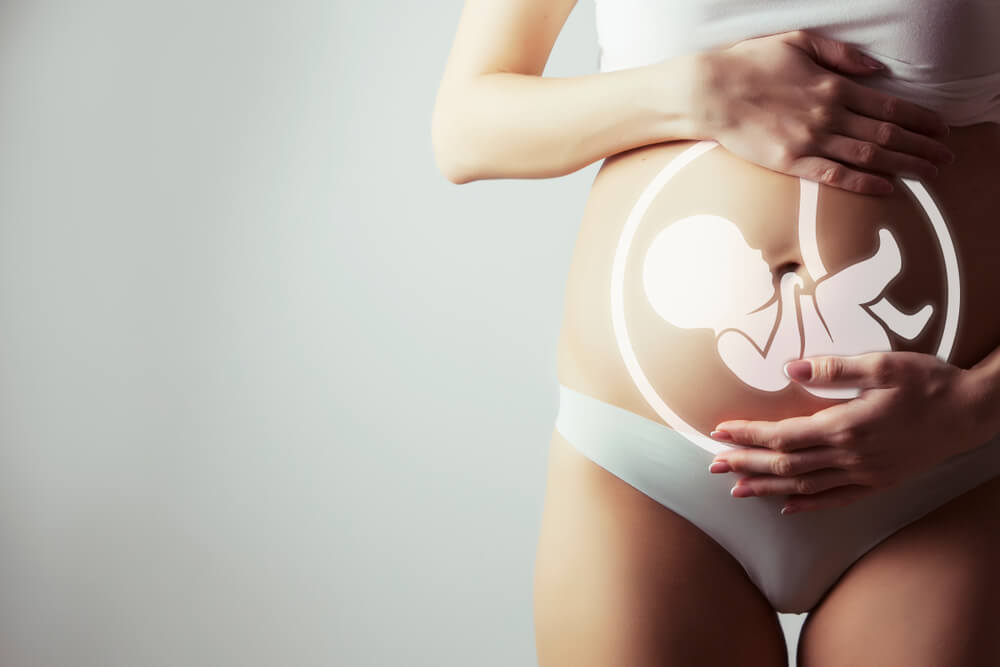What is prenatal testing and who is a candidate for which test?
There are many prenatal tests offered to pregnant women during their first, second, and final trimesters. Some check the health of the mother while others check the health of the baby.
Cell-Free DNA testing became available in 2011 and is an option for those who are looking to screen the baby for specific chromosomal abnormalities.
What Does the Cell-Free DNA Test For?
The cfDNA is used to check for some chromosomal abnormalities, such as trisomy 13 and 18 and trisomy 21, which is Down syndrome. It’s also used for checking the sex of the fetus. However, prenatal DNA testing can also check for the increased risk of other disorders such as:
- Trisomy 16 and 22
- Sex chromosome aneuploidy
- Triploidy
- Some single-gene disorders
- Some chromosomal deletion disorders (microdeletion syndrome)
In general, the cell-free DNA test tends to be more accurate and specific compared to the traditional screenings performed during the first and second trimesters. In addition, doing this DNA test while pregnant allows the women who have some risk factors to make better-informed decisions about undergoing other more invasive tests, such as CVS or amniocentesis.
cfDNA may prove to be less effective for women who are:
- Suffering from obesity, with a BMI higher than 30
- Carrying multiples
- Pregnant as a gestational carrier or via donor egg
- Less than ten weeks pregnant
- Taking some blood-thinning meds
One to five percent of prenatal DNA tests fail to provide any results, often due to insufficient testing material. When this happens, the OB-GYN may suggest other options.
Who Is a Candidate for cfDNA Testing?

Doctors recommend cfDNA to pregnant women who have a higher risk of giving birth to a baby with some chromosomal abnormality. Those women who are considered to be at a higher risk are the ones that fit the following criteria:
- Are older than 35, as the age of the mother (the older she is) carries the risk of delivering a child with trisomy disorders.
- Already gave birth to another child with a chromosomal abnormality.
- Had an abnormal ultrasound of the fetus
- Had other prenatal screenings and tests that showed abnormal results
Some doctors tend to suggest cfDNA testing to all pregnant women since this particular test carries minimal risks but offers relatively high accuracy.
What Are the Potential Risks of Cell-Free DNA Testing?
cfDNA testing has no physical risks for either the mother or her baby. What’s more, undergoing this particular prenatal screening may even allow the expectant mother to avoid some other tests and treatments later in the pregnancy that are typically more invasive. Of course, the nature of this kind of screening inevitably brings a specific dose of stress and anxiety.
It’s crucial to clarify that cfDNA tests for specific chromosomal abnormalities – not all of them. Even if the results of this test are negative, these results alone don’t guarantee that there won’t be perhaps some other issues with the baby.
How to Prepare for cfDNA Testing?
The first preparation steps for cfDNA screening involve talking to your doctor about it. Make sure to get all the information about the nature of this test and its benefits for you in particular. It would be wise to check whether your health insurance covers the expenses for this type of prenatal testing.
Your doctor should thoroughly explain the details in regards to the cfDNA testing, with a strong focus on the possible results and their meaning. Of course, if you have any additional questions or concerns before undergoing the cell-free DNA screening, make sure to address them.
What to Expect During cfDNA Testing?
The procedure itself is relatively simple. It starts with a maternal blood test. This blood sample is then taken to the lab, where the technicians will analyze the mother’s and baby’s DNA from it. In general, the cfDNA results will be available between five and seven days after providing the blood sample.
What to Expect After cfDNA Testing?
How the lab will word the results of cell-free DNA testing will strongly depend on the lab that performs the analysis. That said, the results might simply state “positive or negative,” or they could say something like “high or low risk of an abnormality.” In some cases, the results might be reported as a “probability.”
If the results show there’s a higher risk of chromosomal abnormality in the fetus, other prenatal screening such as CVS or amniocentesis may be recommended.
If the fetus is diagnosed with an existing chromosomal disorder that cannot be cured or treated, the OB-GYN may recommend genetic counseling or other options.
Aside from cfDNA screening, if the mother has some risk factors CVS or amniocentesis is always an option.
Undergoing cell-free DNA testing has already become a standard practice for monitoring pregnancy and providing adequate care to pregnant women. While the test itself is completely non-invasive, it’s only natural to experience some anxiety and stress while waiting for the results. At South Miami OB-GYN Associates, we are here to not only provide the most professional OB-GYN care but also provide support during stressful time periods during your pregnancy and after.




